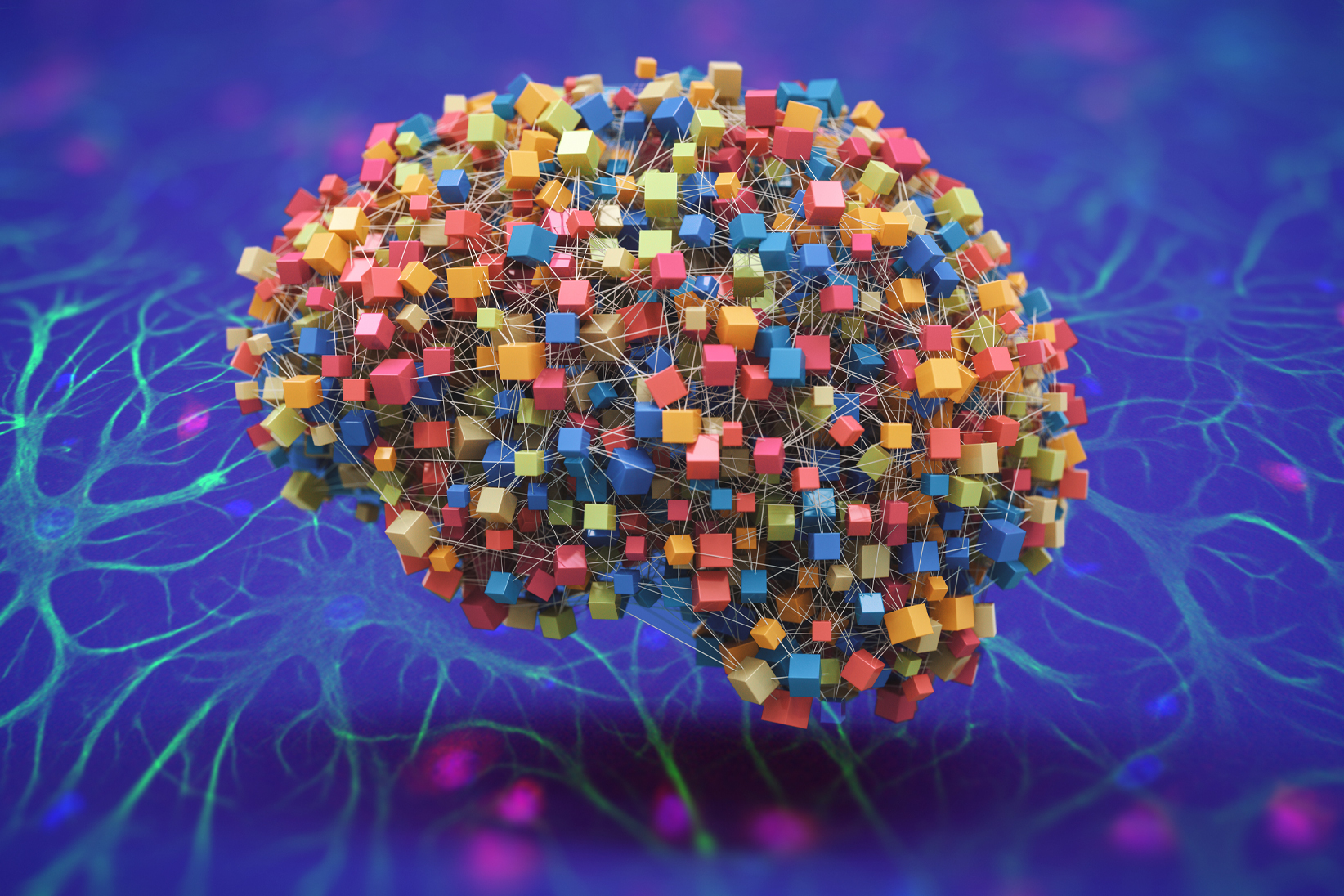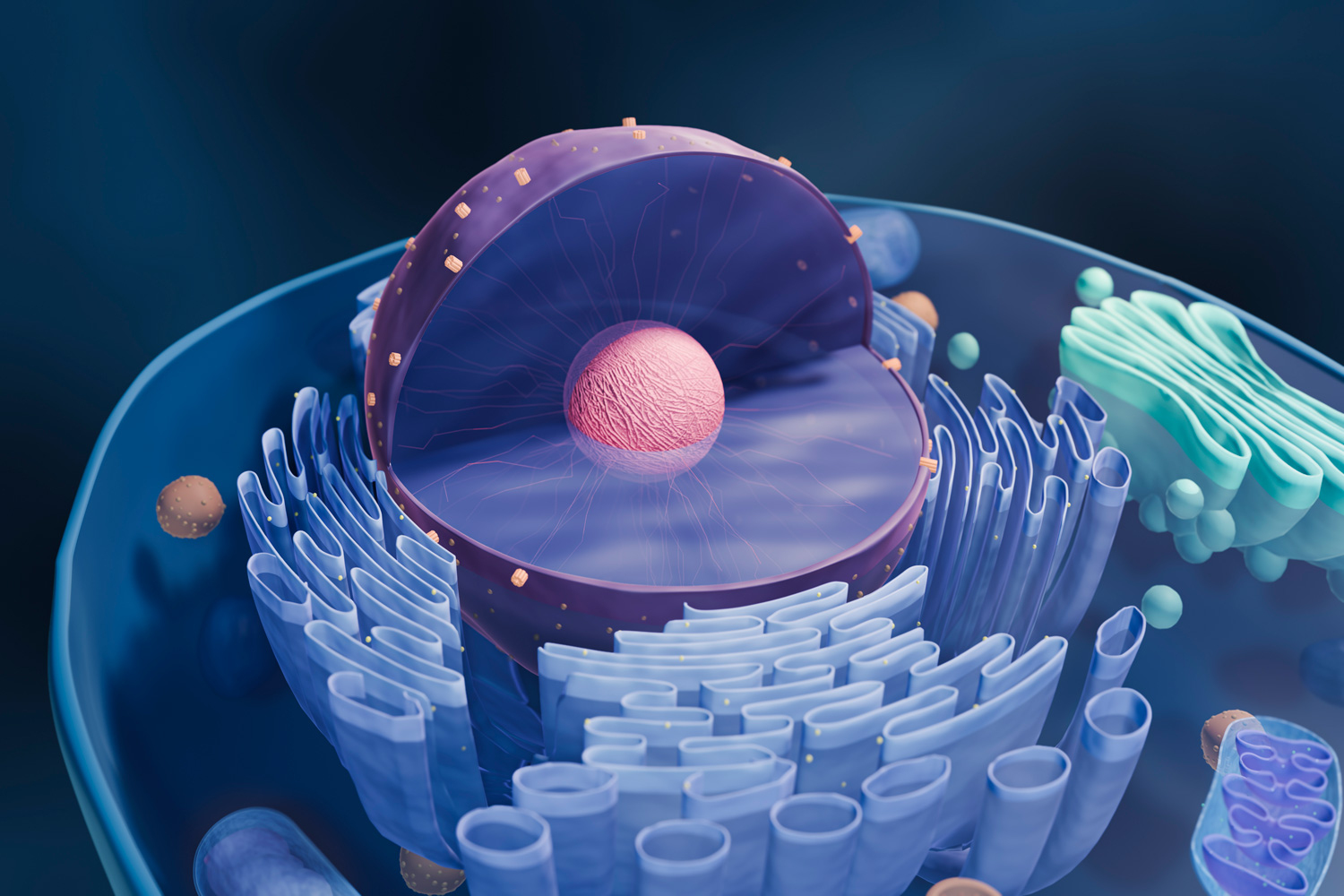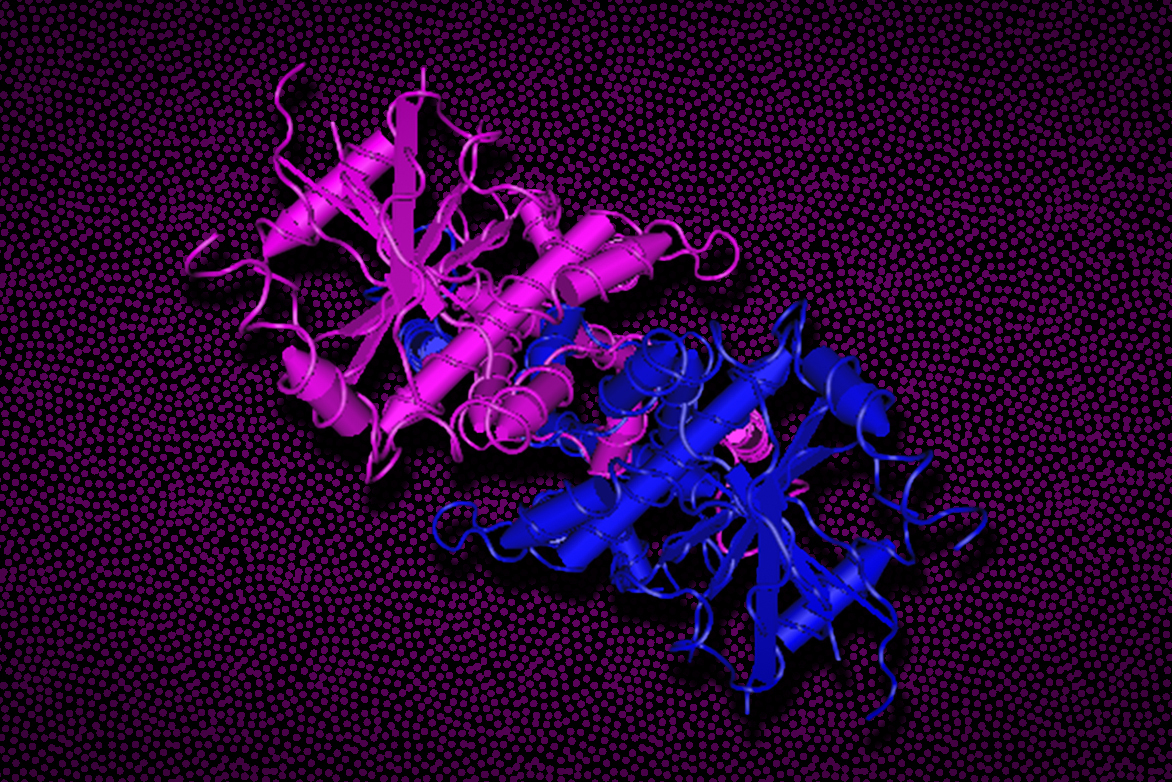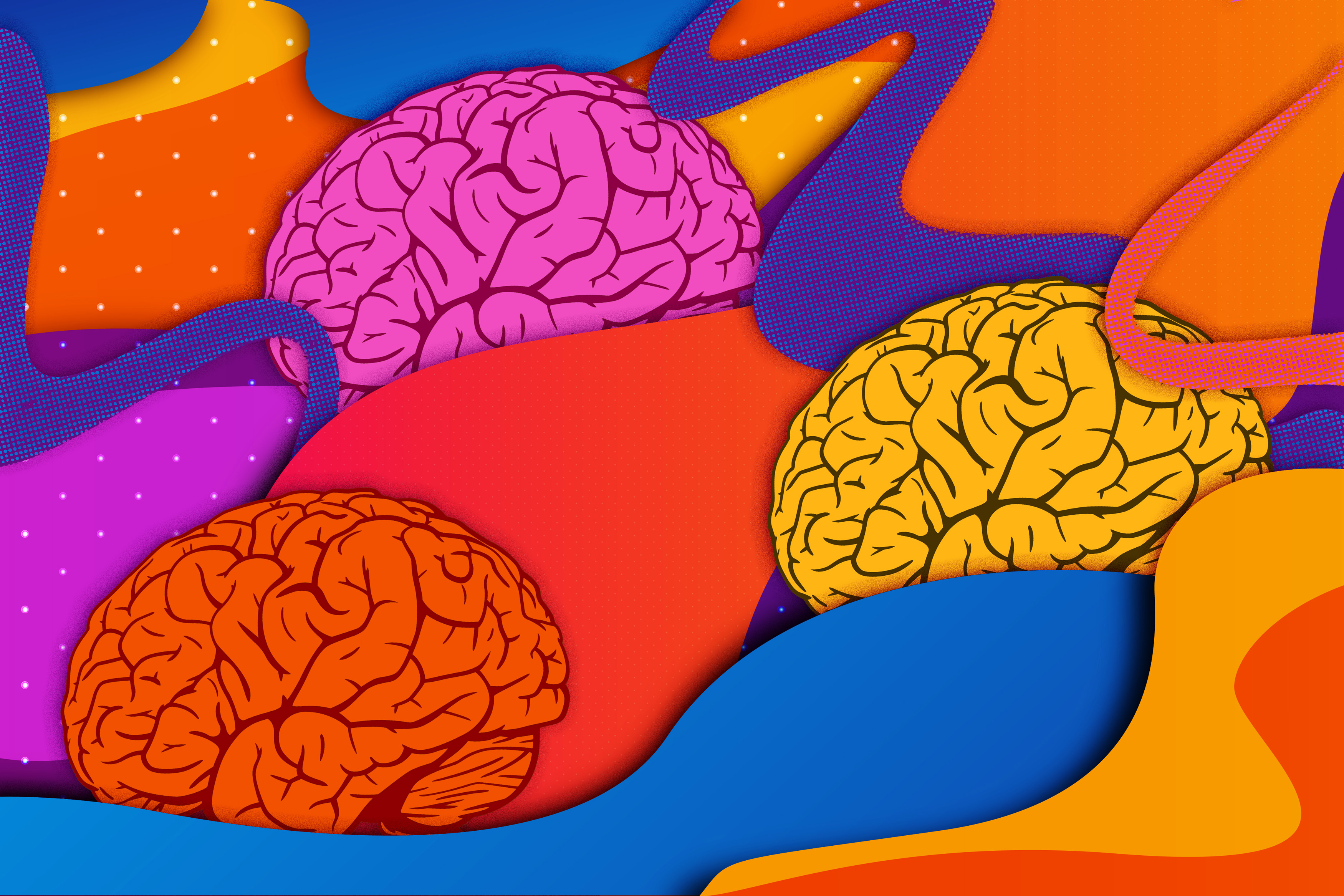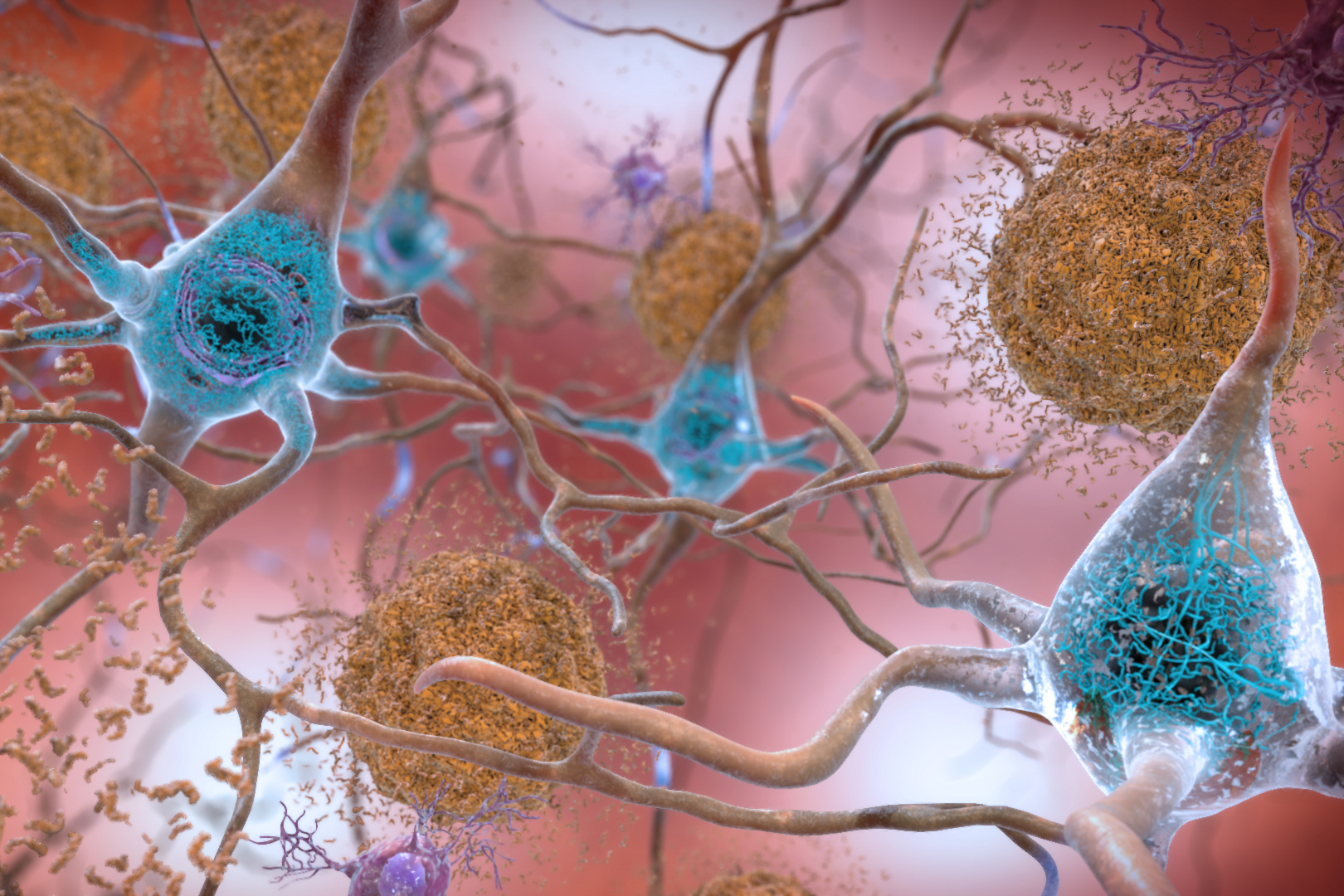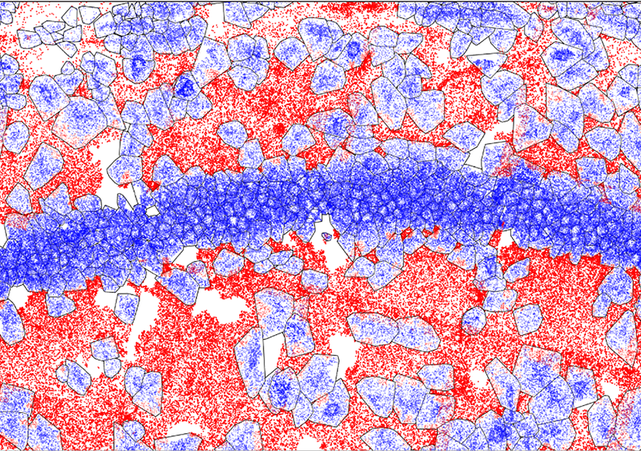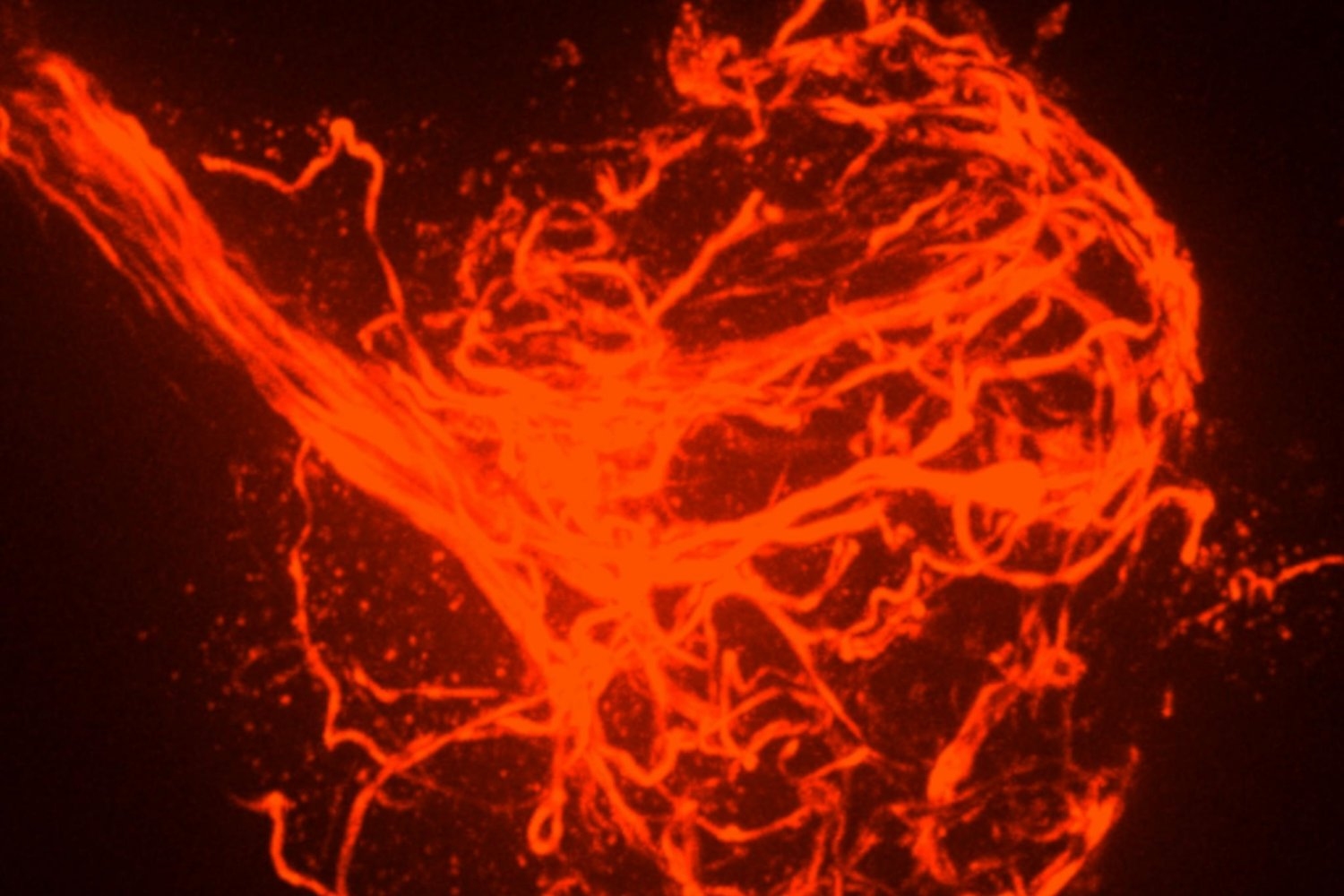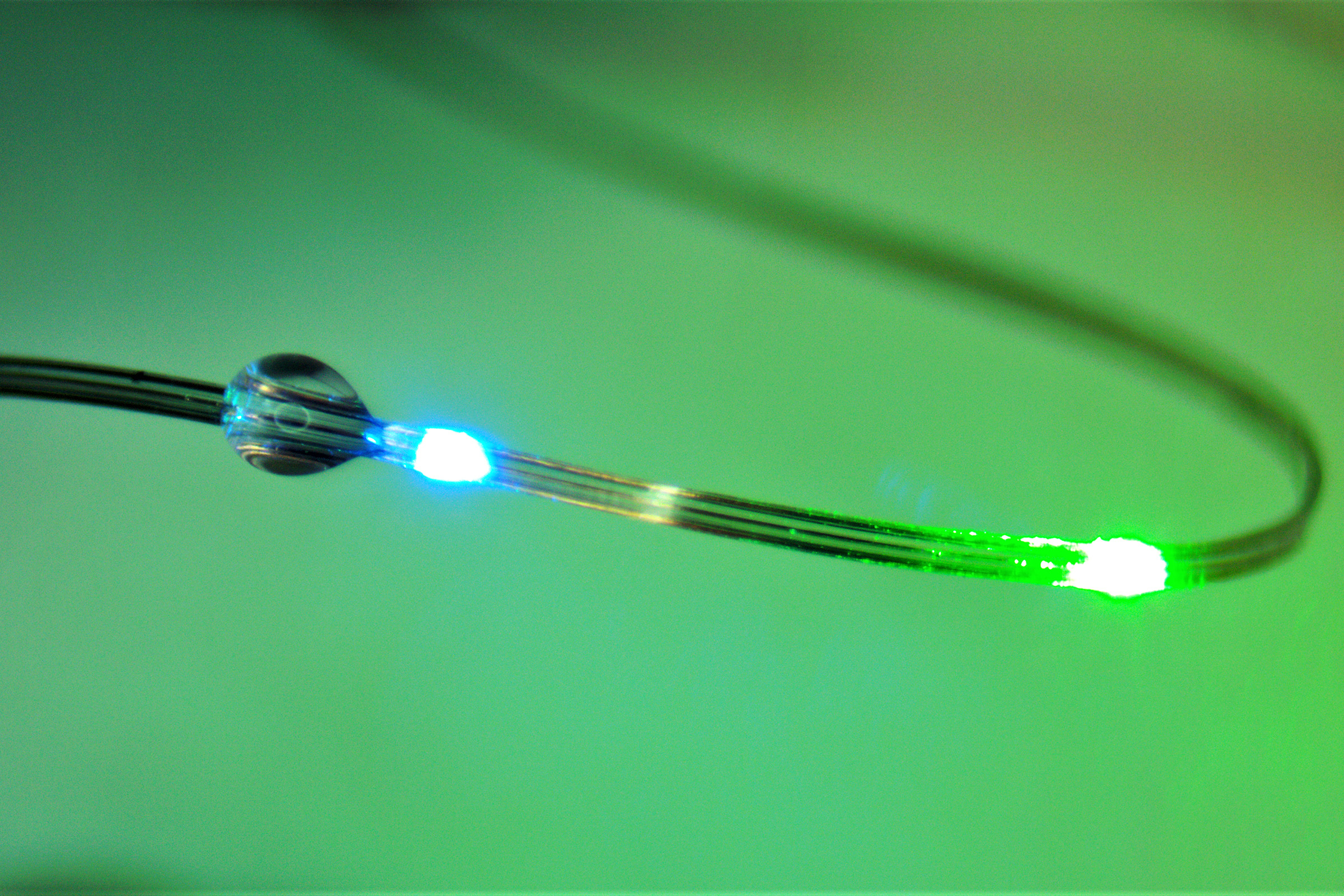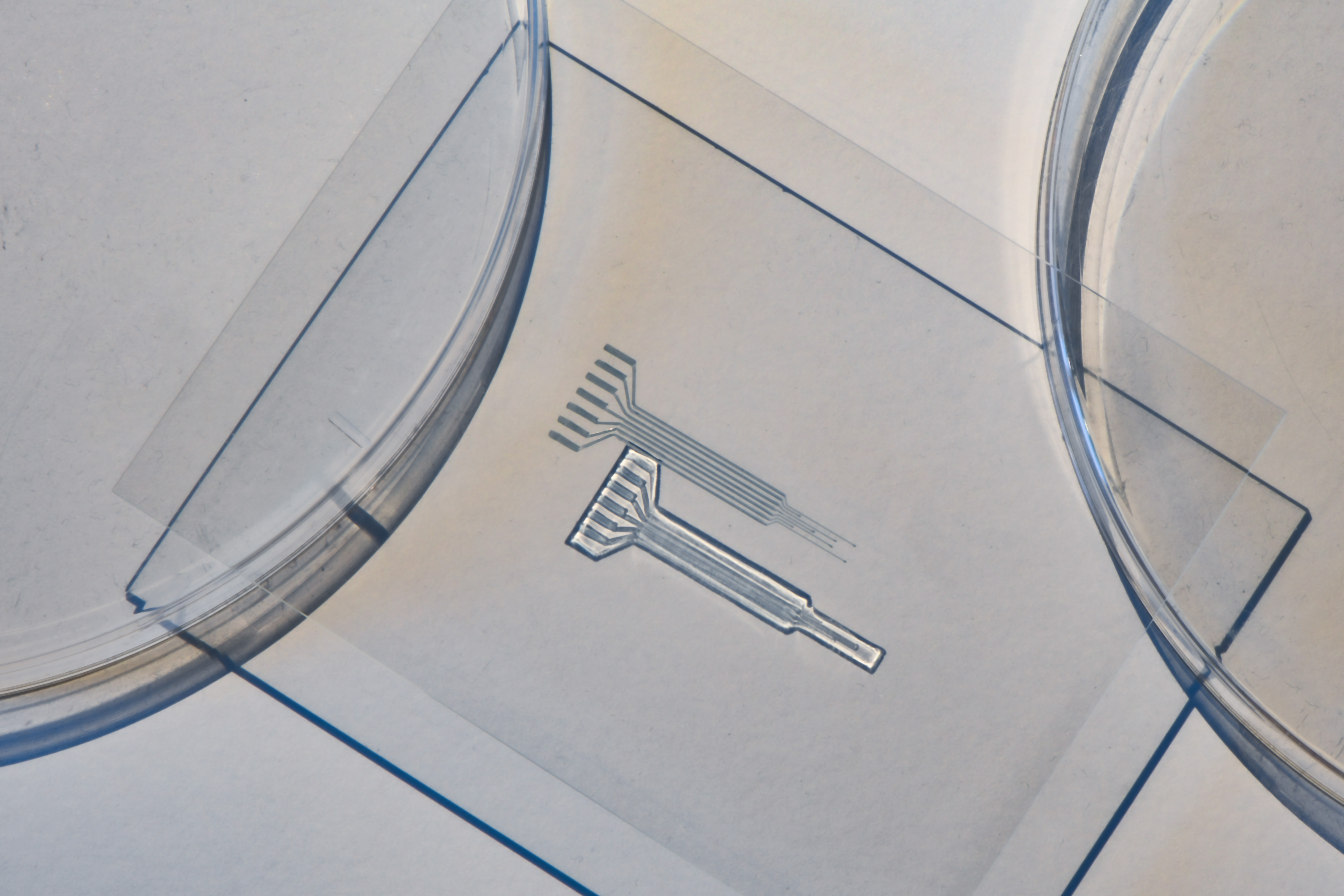Scientists pinpoint where thousands of individual proteins are made in intact tissue and single cells
A new technology called RIBOmap can give researchers valuable insight into how protein production in animal and human tissue is altered in disease.
Sarah C.P. Williams | Broad Institute •
mit
July 14, 2023 • ~6 min
July 14, 2023 • ~6 min
Without a key extracellular protein, neuronal axons break and synaptic connections fall apart
Scientists find a protein common to flies and people is essential for supporting the structure of axons that neurons project to make circuit connections.
David Orenstein | The Picower Institute for Learning and Memory •
mit
June 23, 2023 • ~7 min
June 23, 2023 • ~7 min
/
47

